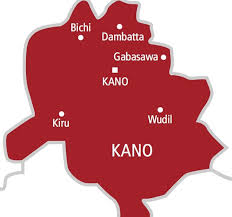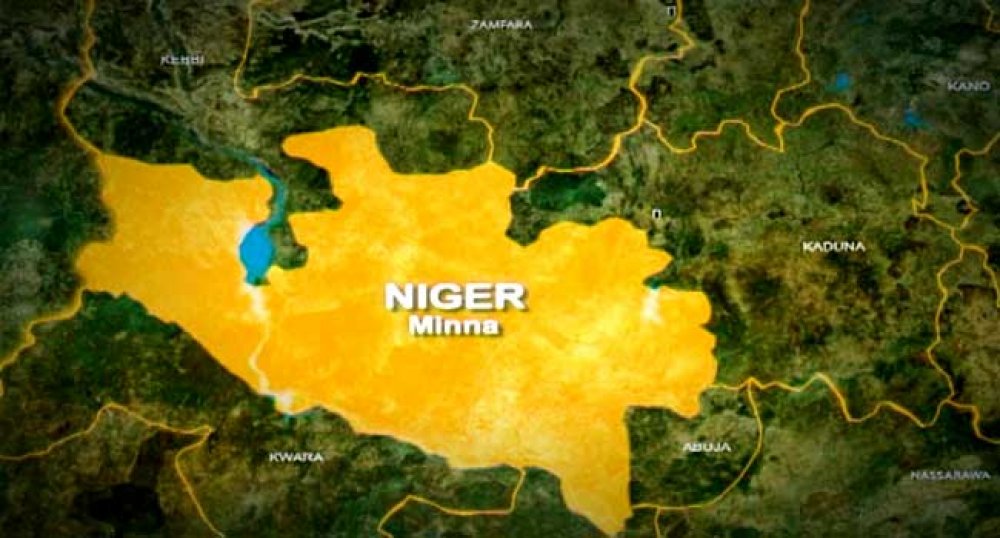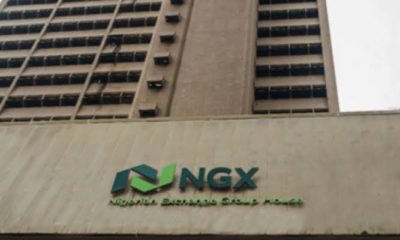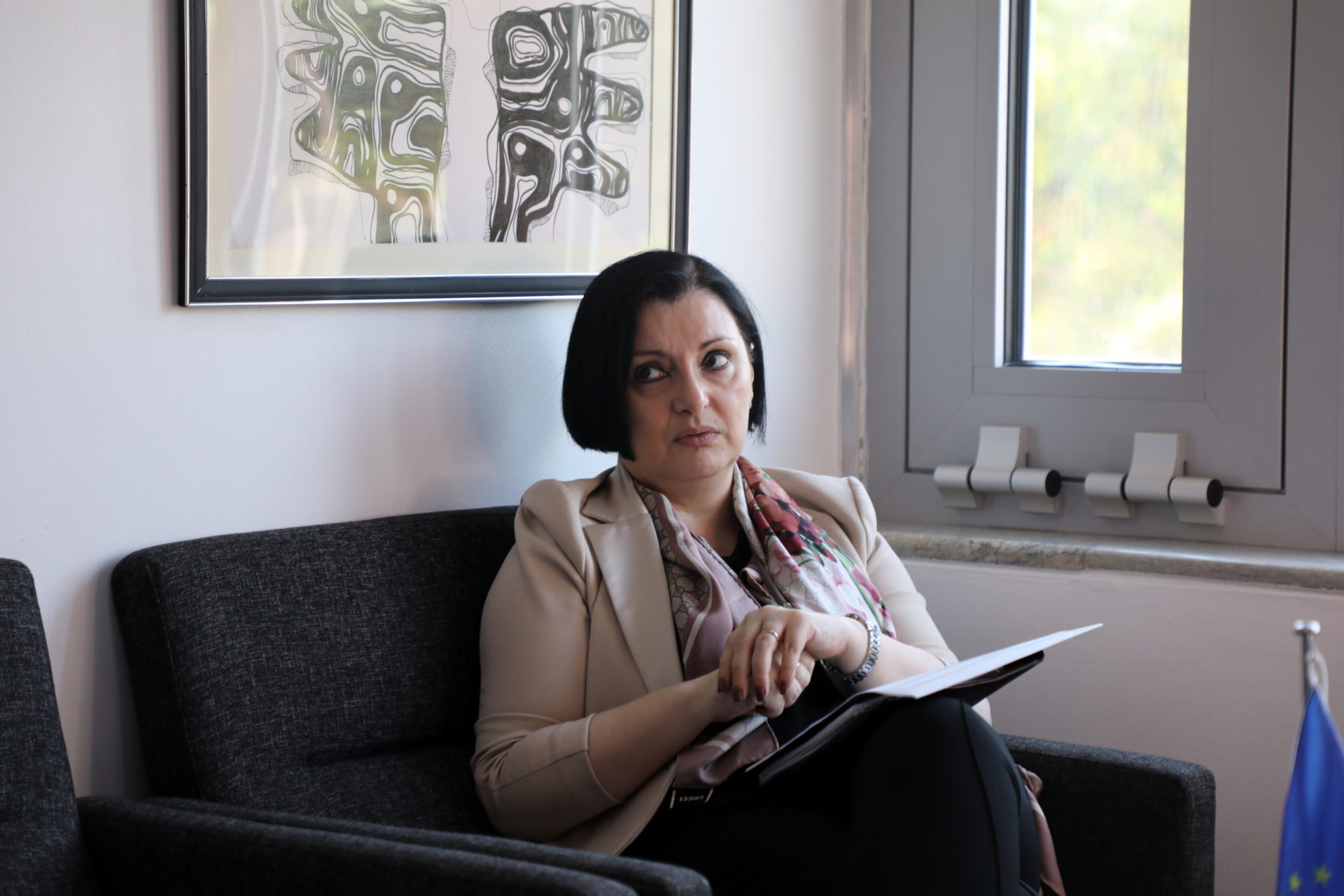NEWS
14 States Burn N21bn On Foreign Trips With Zero Foreign Investments

In the past three years, a total of 14 state governments have allegedly expended at least N21.04bn on foreign trips, yet none of them has managed to attract foreign investments successfully.
The states includes; Bauchi, Bayelsa, Benue, Borno, Cross River, Ebonyi, Edo, Gombe, Imo, Jigawa, Nasarawa, Taraba, Yobe, and Zamfara
Despite the influx of $14.85bn from foreign investors into Nigeria between 2021 and the third quarter of 2023, these states have failed to secure a share in the foreign investment pie.
Between 2021 and 2023, a breakdown of expenses on foreign trips by several states reveals Bauchi spending N3.81bn, Bayelsa N1.99bn, Benue N1.33bn, Borno N1.73bn, Cross River N663.16m, Ebonyi N1.01bn, Edo N1.77bn, Gombe N32.09m, Imo N541.23m, Jigawa N1.10bn, Nasarawa N541.26m, Taraba N2.52bn, Yobe N1.24bn, and Zamfara N2.77bn.
Surprisingly, despite these expenditures, there is no tangible result or foreign investments to show for the funds, according to data extracted from state budget performance reports obtained from Open Nigerian States.
It’s worth noting that not all states provided complete budget performance reports, with some only covering two quarters in certain instances.
Kebbi is notably absent from the list of states receiving foreign direct investments during the reviewed period, and unfortunately, there is no available data on the amount spent by the state on foreign-related trips.
The overall absence of foreign investments in these states aligns with a broader decline in investments across the country, attributed to concerns related to insecurity and other prevailing issues during the same period.
The World Bank opined, “Net FDI inflows are negative, reflecting net withdrawals of equity by foreign investors. FDI and FPI flows into Nigeria do not compare favourably with similar economies of the world, reflecting difficulties with FX availability, security concerns, and other structural challenges in recent years.”
Several states mentioned in this report, including Zamfara, Jigawa, and Nasarawa, have been grappling with the scourge of banditry in recent years.
In Zamfara, for example, banditry has become pervasive, affecting almost 14 local government areas.
The situation has led to the abandonment of over 70% of farmlands in the state, with farmers fearing attacks by bandits.
Highlighting the impact on investments, in 2022, the Managing Director of Zamfara State Investment Cooperation, Dr. Anas Hamisu Lawal, pointed out that insecurity was a major factor hindering the attraction of investments into the state.
Lawal said, “The first question they always ask is the security situation in the state..They are willing to invest whenever the security situation improves.”
In 2022, David Olofu, the Benue State Commissioner for Finance, emphasized the significant impact of insecurity on states’ ability to attract investors.
He said “It is obvious that insecurity prevented many states from attracting investors in 2021. How many investors did the Federal Government attract?
“How will investors come even when citizens are not safe? How will investors come when citizens cannot themselves invest in their place?”
In the same year, Governor Godwin Obaseki of Edo State announced a strategic focus on sectors such as technology, agriculture, and entertainment to attract investors to the state.
Despite these efforts, the state has not recorded any foreign investments in the past three years, according to data from the National Bureau of Statistics (NBS).
In 2021, Lawrence Ewhrudjakpo, the Deputy Governor of Bayelsa State, disclosed that Governor Douye Diri was utilizing his foreign trips to attract investors, aiming to enhance the state’s economy.
He said, “We believe that we have procedures, and the governor deserves the attention he deserves to give to investors so that investors are brought to our state as no system that is not interacting with any other system can be very effective. What makes an economy a viable economy is the external investment into the economy.”
The mentioned states continue to face a dearth of foreign investments.
Discussing this situation, Professor Akpan Ekpo, a specialist in Economics and Public Policy at the University of Uyo, explained to The PUNCH, “They are not importing capital for two reasons. First, they don’t have potential investors who will do that. Secondly, there is insecurity in the country. Those things are not fertile ground for investments.”
An ECOWAS Common Investment Market consultant, Professor Jonathan Aremu, added, “It’s simple. It’s because they don’t have attractive factors.
“The factors that attract foreign investment are not available in those states. One thing about investment is that it is crisis shy.
“Investment doesn’t go to places where there are crises. Why? Because investors want stability and predictability in their investments, particularly, having returns on their investments.” he added
NEWS
Kano Businessman’s Daughter Kidnapped After ₦8m Ransom Payment

In a shocking incident on Sunday morning, unknown gunmen suspected to be kidnappers invaded the home of Alhaji Auwal, a prominent businessman, in Garo Town, Kabo Local Government Area of Kano State.
The gunmen, estimated to be around 10 in number, forced their way into the residence, breaking down a door to gain entry.
An anonymous source revealed that the attackers were heavily armed, with three carrying firearms and the rest wielding other weapons.
READ MORE: Tinubu Urges Stakeholders To Join Forces To Restart Oil Production In Ogoniland
They quickly gathered the entire family in one room, instilling fear and panic in the household.
According to the source, Alhaji Auwal pleaded with the assailants to spare his family and agreed to meet their demands.
The kidnappers, who were determined to extort money, received ₦8 million from the family.
Despite this payment, the gunmen took the businessman’s eldest daughter, Zainab, a secondary school graduate, before fleeing the scene.
The whereabouts of Zainab remain unknown, and as of now, the kidnappers have not contacted the family.
This abduction comes just 48 hours after the tragic kidnapping and subsequent murder of former Gombe State Permanent Secretary, Atiku Mu’azu, who was killed by gunmen after a ₦10 million ransom was paid.
The two incidents have left the residents of Kano in shock and fear, prompting calls for increased security measures in the area.
Attempts to reach the spokesperson for the Kano Police Command, SP Abdullahi Haruna, for comment were unsuccessful as his phone remained unreachable.
Authorities have yet to make any official statements regarding the investigation.
International News
Colombia Blocks US Deportation Flights Over Migrant Treatment

In a bold move, Colombian President Gustavo Petro declared on Sunday that he would not allow US deportation flights carrying Colombian migrants to access his country’s airspace.
The left-wing leader took to X (formerly Twitter) to express his strong stance, stating, “The United States cannot treat Colombian migrants as criminals. I forbid entry to our territory to US planes carrying Colombian migrants.”
Petro made it clear that such flights would only be accepted once Washington established a protocol to ensure the “dignified treatment” of deported migrants.
READ MORE: How Trump Plans To Grow American Economy By $1 Trillion Daily
The president later confirmed in a separate post that he had already turned back US military planes that were en route with Colombian migrants on board, although he did not provide further specifics on the matter.
While AFP sought confirmation from US authorities regarding the blockade of deportation flights, no immediate response was forthcoming.
Petro’s statements come just a day after Brazil’s government voiced similar outrage over the treatment of deported Brazilians.
Brazil condemned the US administration under President Donald Trump, citing instances where Brazilian migrants were deported while handcuffed on flights, describing it as a “flagrant disregard” for their basic rights.
In his remarks, Petro emphasized that he would be open to allowing civilian US flights to transport deported migrants as long as they were not subjected to treatment “like criminals,” signaling a broader call for humane treatment of migrants under international deportation policies.
NEWS
Four Dead, Many Injured As Explosion Rocks Niger State Mining Site

An explosion at a mining site in Sabon Pegi, Mashegun Local Government Area of Niger State, claimed the lives of four individuals and left several others injured on Sunday morning.
The blast occurred as miners resumed operations, sending shockwaves through the community.
While the exact cause of the explosion remains undetermined, local residents have pointed to the poor handling of explosive devices by mining companies as a possible factor.
READ MORE: Thisday Awards: Diana Ross Arrives In Nigeria
The incident has sparked concerns about safety practices within the mining sector.
Community sources confirmed the recovery of four bodies, but authorities fear the death toll could rise.
Investigations are ongoing to establish the cause of the blast and assess the full extent of the damage.
One resident, Aminu, described the chaos that followed the explosion. “The sound was so loud that many of us thought it came from the hydroelectricity dam nearby. People panicked and ran into the bush for safety,” he recounted.
Another community member highlighted the potential role of mining operations in the tragedy.
“Mining companies here frequently use explosives during their activities, and this seems like an operational issue, not something related to terrorism,” the resident said, dismissing concerns about a security threat in the area.
As of the time of reporting, neither the state government nor security agencies have released an official statement regarding the explosion.


















